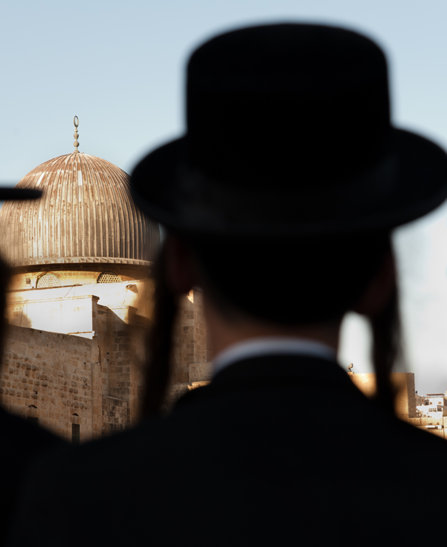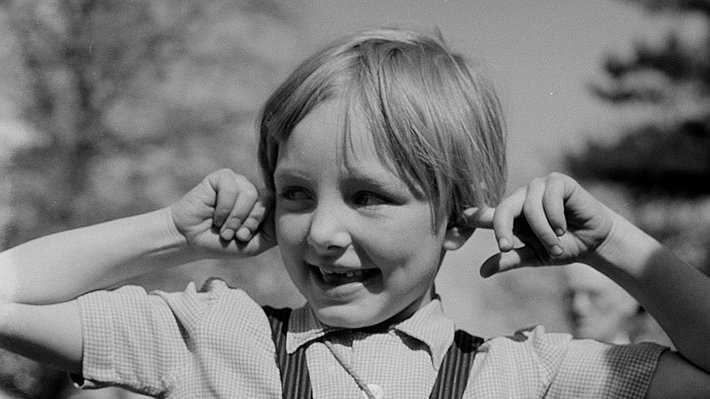
-
HOME
-
WHAT IS STANDOur Mission Our Values Our Help Contact
-
WHAT WE FIGHT FORReligious Freedom Religious Literacy Equality & Human Rights Inclusion & Respect Free Speech Responsible Journalism Corporate Accountability
-
RESOURCESExpert Studies Landmark Decisions White Papers FAQs David Miscavige Religious Freedom Resource Center Freedom of Religion & Human Rights Topic Index Priest-Penitent Privilege Islamophobia
-
HATE MONITORBiased Media Propagandists Hatemongers False Experts Hate Monitor Blog
-
NEWSROOMNews Media Watch Videos Blog
-
TAKE ACTIONCombat Hate & Discrimination Champion Freedom of Religion Demand Accountability
The Good, the Bad and the Judgment
I was told many times growing up that I needed to use a little judgment. This was usually after I had brought about a disaster by not really evaluating what would happen if I did what I was about to do. Thankfully, I didn’t blow up the garage with our chemistry set and my hair did grow back out after we cut it to remove the bubblegum I just had to chew as I fell asleep.

We also want good judgment in those assigned to administer the law. Who wants to get a ticket for parking in a space two seconds before the sign says you can park there? And if you do, don’t you want a judge who will make a decision based on good judgment? I do, and I’m pretty sure the lady I saw on YouTube who actually had this happen to her did as well. (Good news: the judge dismissed the ticket after a fairly entertaining exchange with her.)
But, are there times when judgment is a bad thing? It kind of depends on the definition. A judgment can be “an opinion or conclusion.” Now, some dictionaries add the concept of carefully considering or gathering information before forming the opinion, but not all. Boy, is this step missing in much of what I see as “discourse” today, especially on the internet.

Now, it seems to me that where judgment falls off the cliff and crashes to the bottom of the chasm is when you take a singular datum and turn it into a grand and glorious generalization. In the entire world you are unique. There is not one single other person just like you. That’s true of all the members of any group. Not one of them thinks exactly the same as any other. So to assume that all members of any group are the same is poor judgment.
For whatever reason, religion seems to be fertile ground for opinions not based on careful consideration or information. Religions also seem to be targeted more than other groups, with the current exception of political parties. This seems strange to me, in that every religion I have encountered is truly trying to improve lives. They carry the weight of charity-giving and emergency relief. Churches feed the homeless and rescue animals. Why should they be the brunt of scathing criticism?
Freedom of religion means that you don’t have to believe as someone else does, but you really should grant them the peace to believe what they will.
Yes, part of the problem is people accepting information without judgment. But I also think it is people judging things that they should merely be accepting as part of the cultural fabric of our world. Freedom of religion means that you don’t have to believe as someone else does, but you really should grant them the peace to believe what they will.
I don’t really understand the very human impulse to attack or dislike what is different. Differences are what give our world its color and interest. Would you travel to Europe or Africa if it looked just like the block you live on? Would you bother to get to know others if they all but reflected your own beliefs? What a terrible monotone of life that would be.
Let others be what they will. Let others believe what they will. Your life will be richer for it.
Photo by: Ryan Rodrick Beiler / Shutterstock.com









